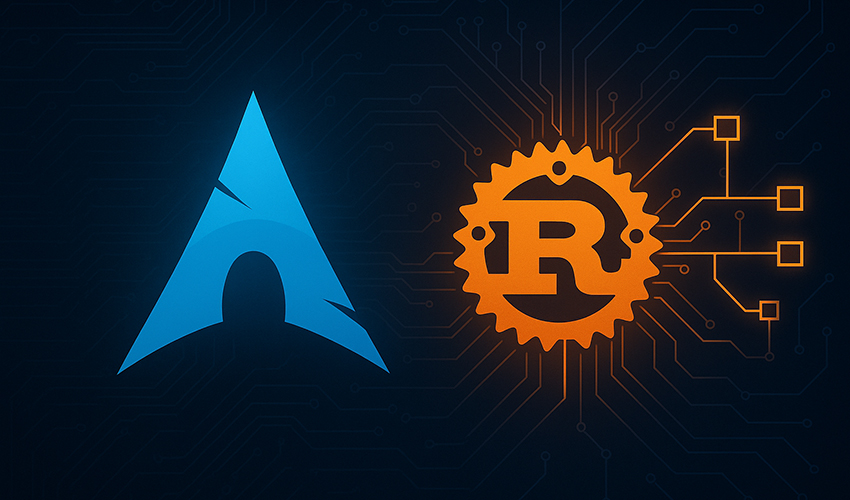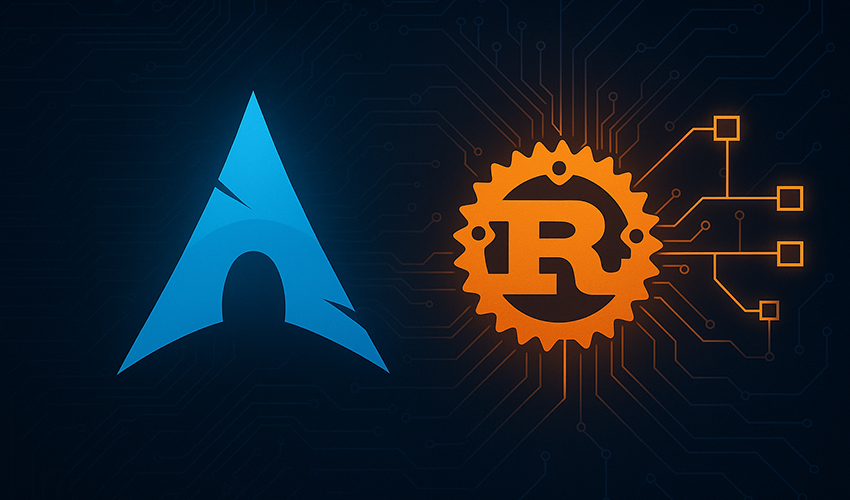
Introduction: Arch Linux Leads the Way in Modern Init Systems
Arch Linux has long been revered in the Linux community for its minimalist design, rolling release model, and cutting-edge technology adoption. Now, in a move that underscores its commitment to innovation and security, Arch Linux has officially added support for a Rust-based init system — marking a significant milestone not just for the distribution itself, but for the broader Linux ecosystem. This bold step positions Arch at the forefront of the trend towards modern, memory-safe system components and could signal a turning point in how critical low-level Linux processes are designed and maintained.
In this article, we’ll explore what this new Rust init system means for Arch Linux, why Rust was chosen, the technical details of this groundbreaking addition, and how it may shape the future of Linux init systems.
The Role of Init Systems in Linux: A Foundation of Every Boot
Before diving into the specifics of the Rust init system, it’s important to understand the role that init systems play in Linux. When a Linux system boots, the kernel initializes hardware and mounts the root filesystem. But after that, it needs to start up user space — all the daemons, services, and user processes that make a system usable. This crucial task falls to the init system, which is the first process the kernel starts (PID 1).
Key responsibilities of an init system include:
-
Initializing system services and daemons
-
Mounting additional filesystems
-
Setting up devices and networking
-
Managing service dependencies and startup order
-
Handling signals for shutdown, reboot, and service restarts
In essence, the init system is the conductor of the Linux orchestra, ensuring that all components of the system start and run in harmony.
From sysvinit to systemd: The Evolution of Init on Arch
Historically, Arch Linux began with sysvinit, a simple and traditional init system dating back to UNIX. However, as Linux systems grew more complex, sysvinit’s limitations became apparent — notably its lack of dependency management and parallel service startup.
In 2012, Arch made a significant transition to systemd, a modern init system written in C that brought features like parallel unit startup, socket activation, cgroups integration, and a powerful journal for logging. While systemd addressed many shortcomings of older init systems, it also sparked controversy due to its complexity and tight integration into the system.
Source: Read More


